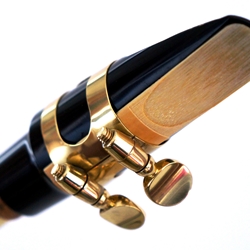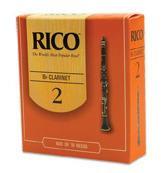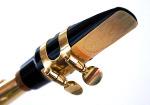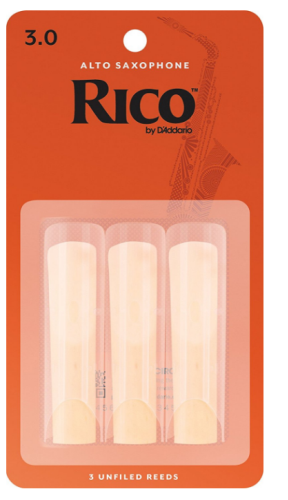
Reeds 101: Caring for Your Reeds
How long does a reed last? How do you preserve reeds? Every woodwind reed player knows the pain of finding a perfect reed only to have it break or wear out within a matter of days. Once you’ve found the perfect reed, how do you keep it playable for as long as possible?
The bad news is that no reed lasts forever. The good news is that by taking proper care of your reeds you can extend their lives. This post is part two of an ongoing series dedicated to woodwind reeds. If you haven’t yet, be sure to check out last week’s post, part one, which lets you know how to pick the right reeds.
How do you Keep Reeds in Good Condition?
Nobody likes a broken or worn out reed. Using up reeds is, however, an unavoidable part of playing, particularly for beginning students.
In a new box of reeds, each reed is slightly different, meaning that there will be a few excellent ones, a few good ones, and a few not so good ones. So, how can we preserve the good ones? Follow the tips below to extend the life of your reeds.

1.) Moisten them
Make sure to always thoroughly moisten your reed before playing. Why do reeds need to be wet in order to play a reed instrument? The moisture prevents cracking and allows the reed to vibrate, which creates a sound. All reeds need moisture before playing and double reeds especially need to be soaked in a cup of water before playing.
2.) Don't leave them on the Mouthpiece
After you play, take the reed off the mouthpiece and store it in a reed case or guard. Wipe any extra moisture off your reed with a cleaning cloth. Excess moisture can cause reeds to develop mold and deteriorate at a faster rate.
3.) Protect your reeds
Often the plastic cases your reeds come in can cause them to become warped or broken. Combat this by placing your reeds gently in a reed guard or other reed case after playing so that they can lay flat. If you place your instrument on a chair to take a break from playing or leave it out in the open with the reed on, slip the mouthpiece cap over the mouthpiece to protect your reed. Take your reeds carefully in and out of their cases and don’t leave them somewhere they might get damaged or broken.
4.) Rotate Reeds
Instead of using one reed until it's broken, rotate your reeds and in and out of use. Keeping a few reeds going at once will ensure you always have a reed that works, even if one breaks in the middle of rehearsal.
How Long do Reeds Last?
When taken care of properly, reeds can last for a week to around a month. Be sure to change your reed once it shows signs of cracking, has worn thin or is covered in black mold or grime.
Beginning students often break or use reeds quickly, so this should be taken into consideration. Since every reed in a box is different, advanced players may only prefer a few reeds in a box of 10.
No matter your age or stage in the playing process, reeds are an essential part of playing for those in the woodwind reed family. Learning how to choose the right reeds and take care of the best ones in a box can make a huge difference in how you rehearse, perform, and experience music. Start following these tips today to improve your sound and take care of your instrument!
Enjoyed this post? You may also like …
 How to Choose the Right Reeds
How to Choose the Right Reeds
What strength reed should I choose? How do I choose a clarinet reed? Ask any woodwind player and they will tell you: reeds are everything!
 What is the Best Clarinet or Saxophone Mouthpiece?
What is the Best Clarinet or Saxophone Mouthpiece?
What is the best woodwind mouthpiece? If you are still playing on your beginner mouthpiece, it may be time to upgrade your mouthpiece. This post will help you choose the best mouthpiece for your instrument.


